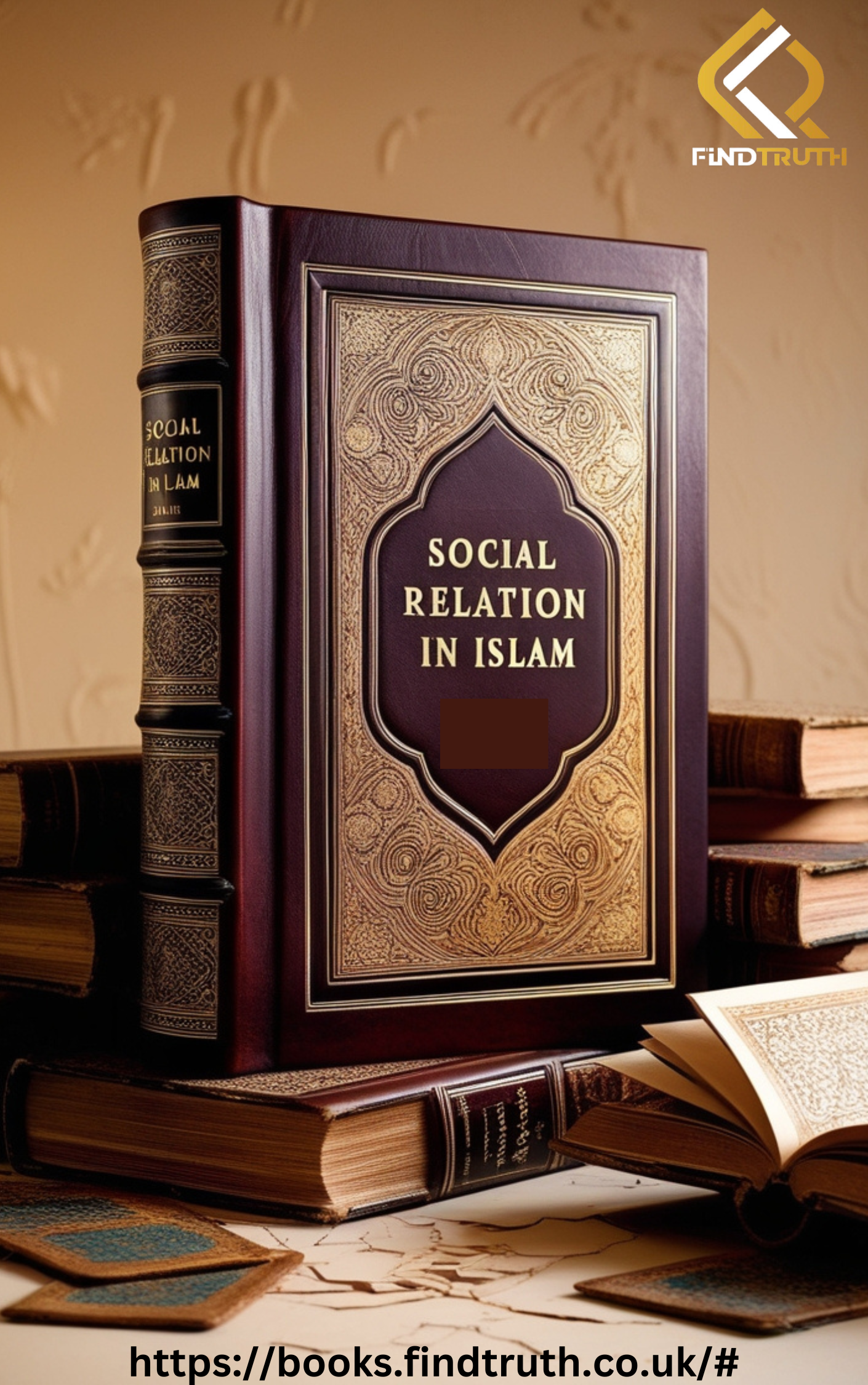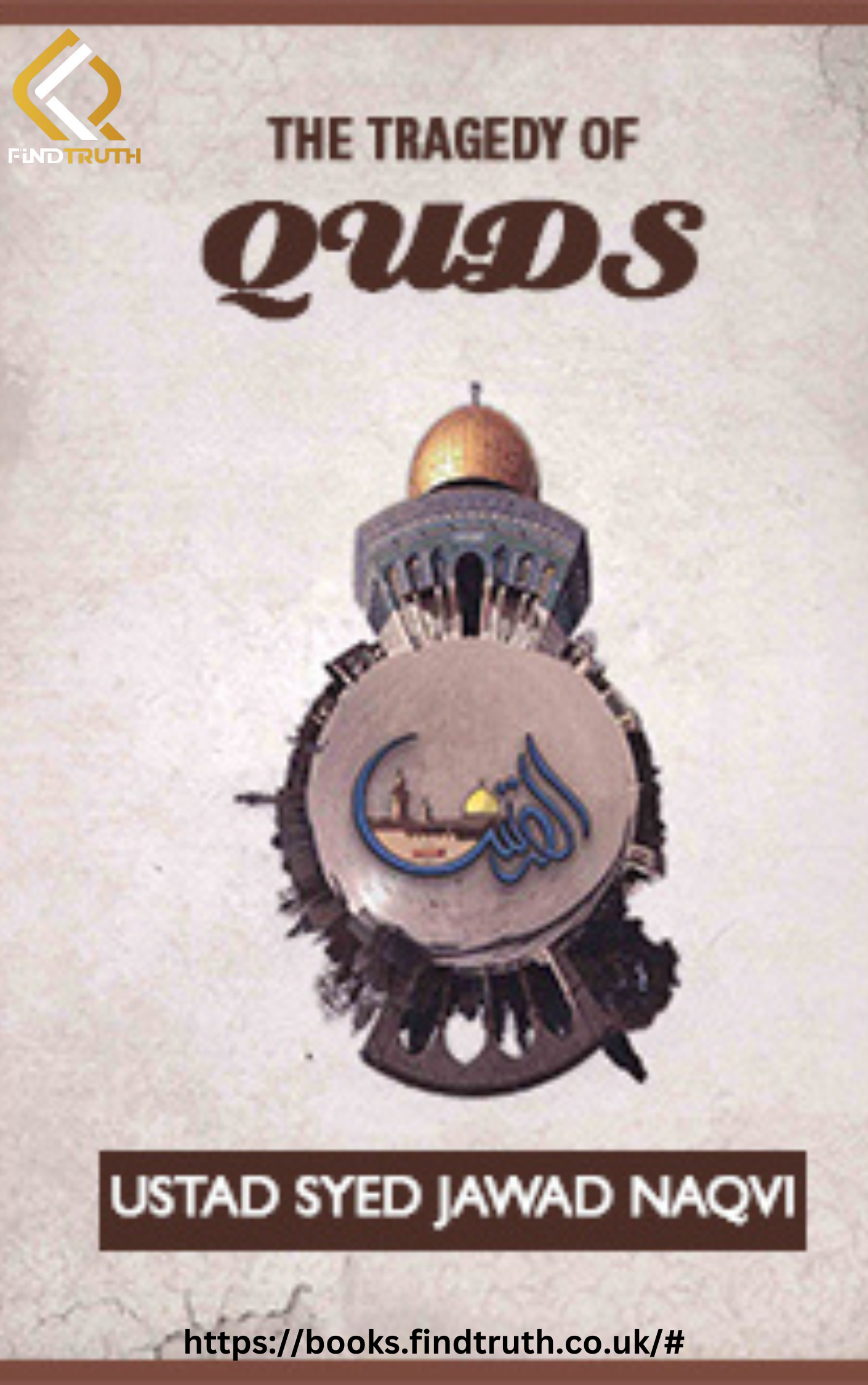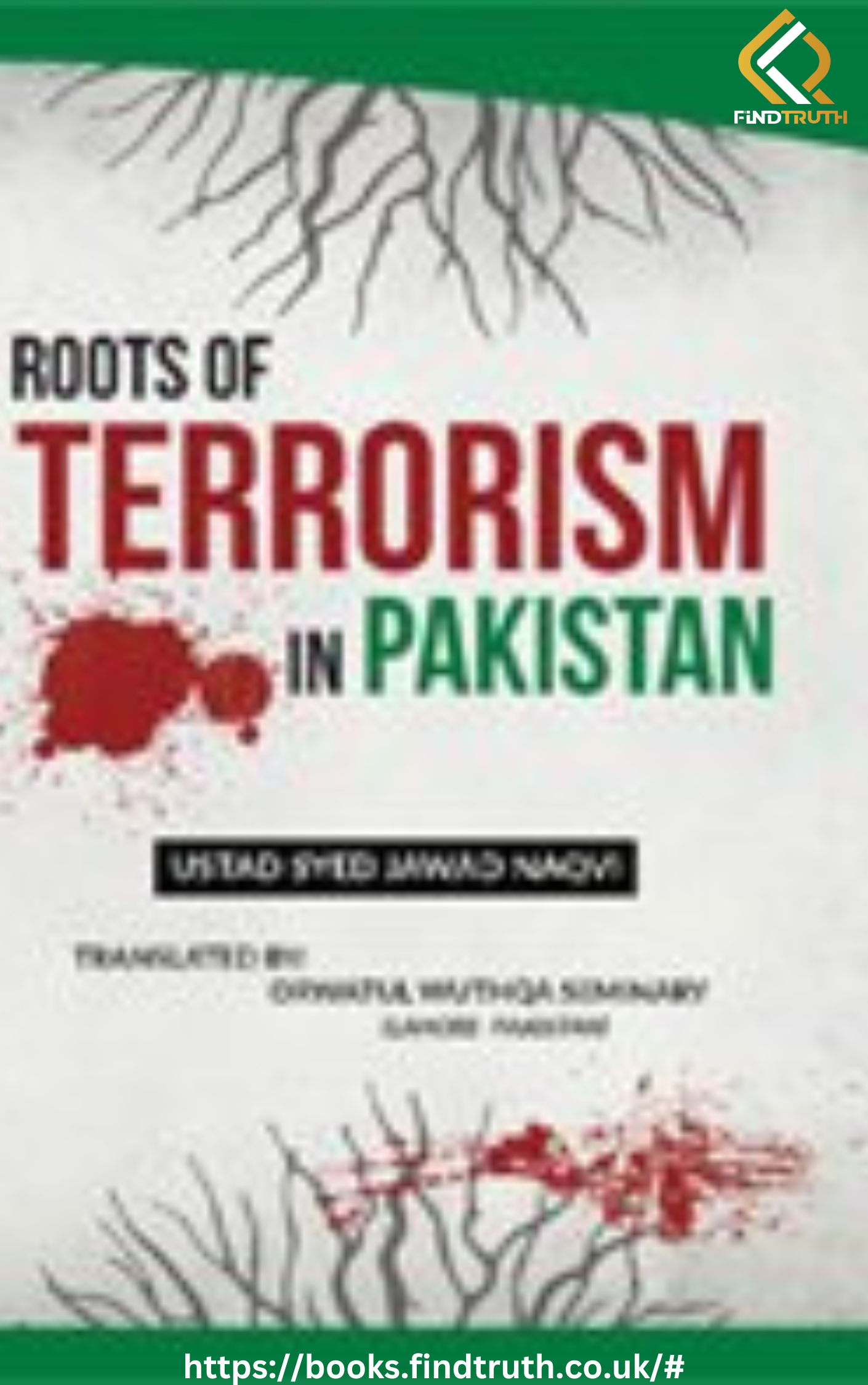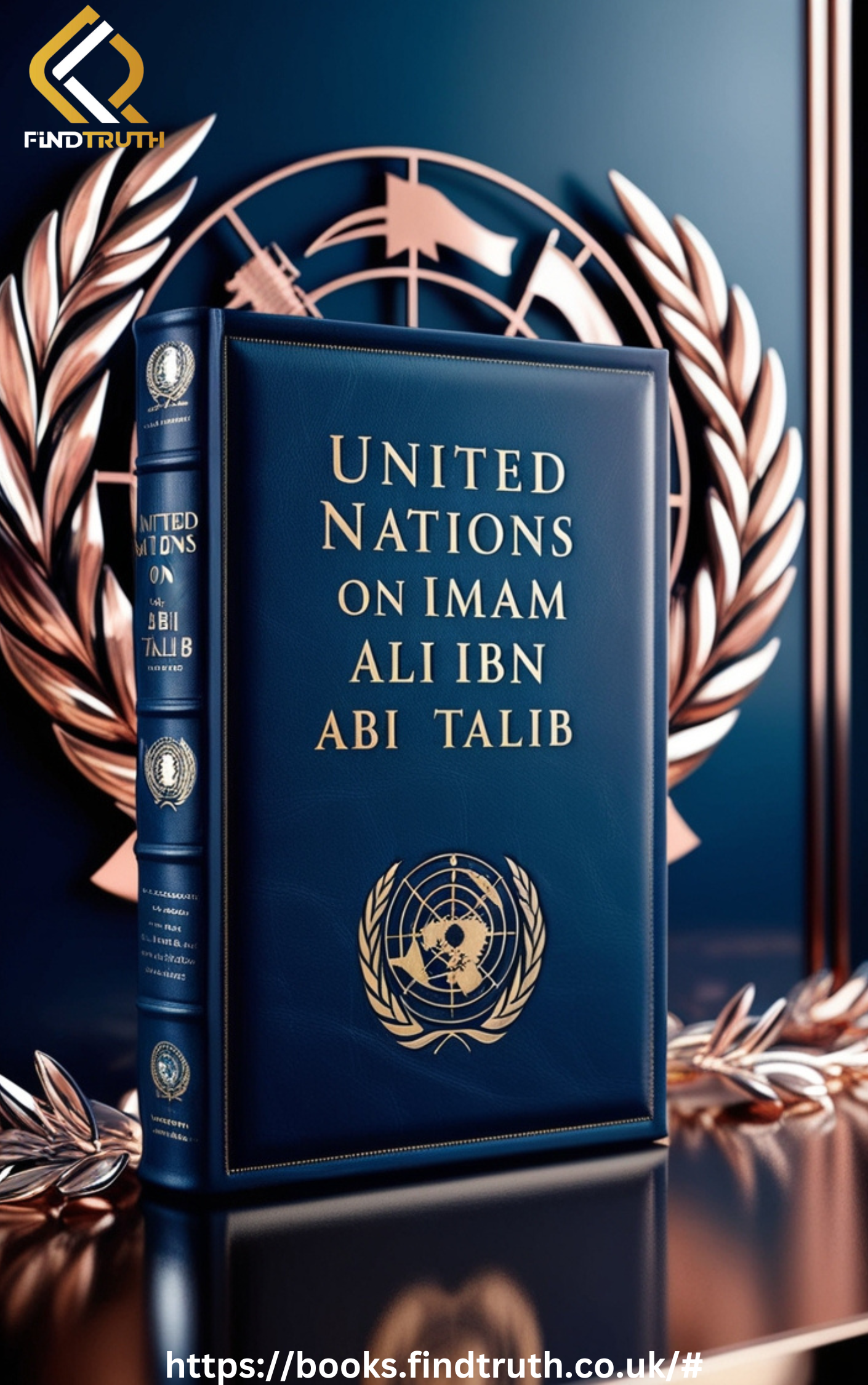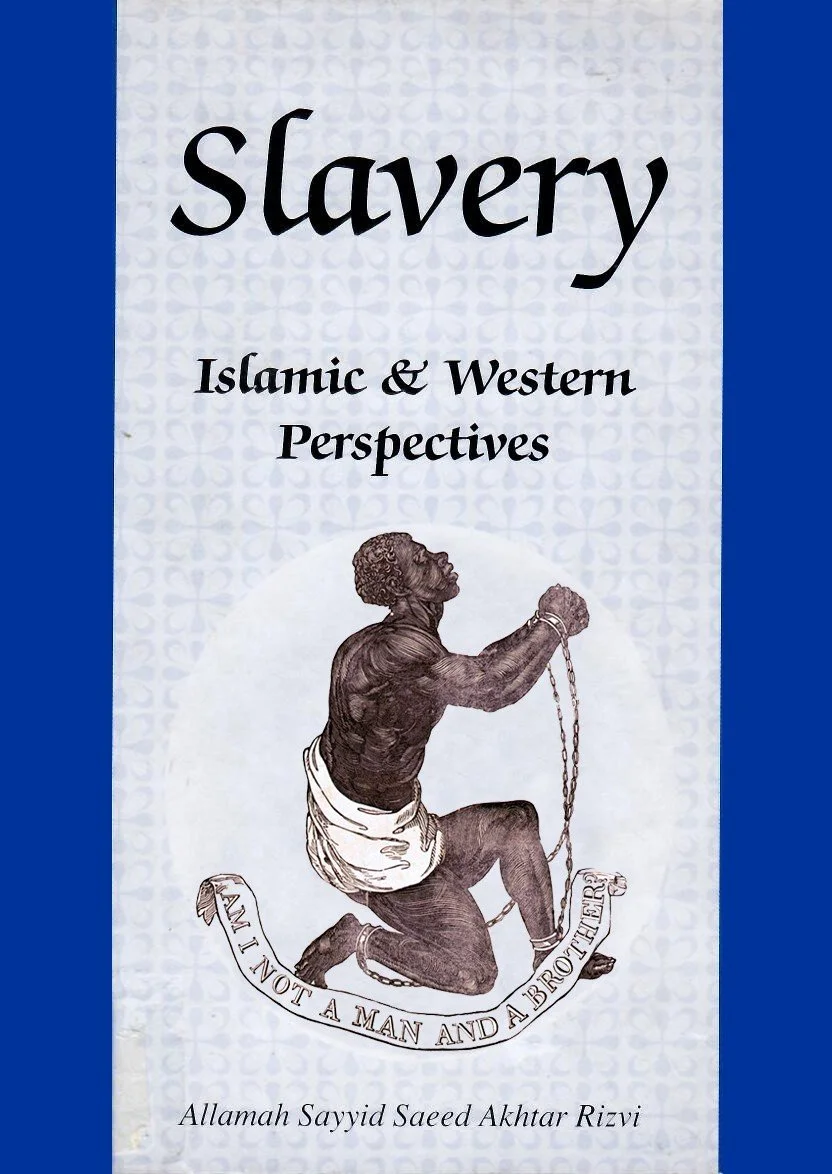Social Relations in Islam delves into the Islamic framework for building and maintaining healthy, harmonious, and just relationships within society. It presents the Islamic perspective on how individuals should interact with one another, based on core ethical values such as justice, kindness, compassion, and integrity.
The book explores a wide range of social relationships, including:
- Family Relations: The role of parents, children, spouses, and extended family, and how to maintain balance, respect, and mutual responsibility within these relationships.
- Neighborly Relations: The Islamic emphasis on caring for neighbors, maintaining peace in the community, and acting with empathy and support.
- Brotherhood and Sisterhood in Faith: The special bond between Muslims, underscoring the unity of the Ummah and the responsibilities of loyalty, advice, and protection toward fellow believers.
- Humanitarian Values: Rights of others beyond family or faith, including human rights, animal rights, and the protection of nature as outlined by Islamic principles.
The book also addresses how Islam advocates for moderation, cooperation, and conflict resolution in personal and communal interactions, showing how ethical conduct is vital to a peaceful and productive society.
This work serves as both a guide and reflection on the timeless values of social harmony in Islam, offering insights that are still relevant in modern contexts.

